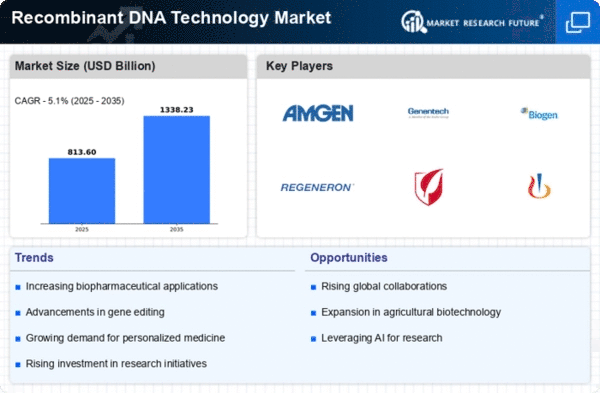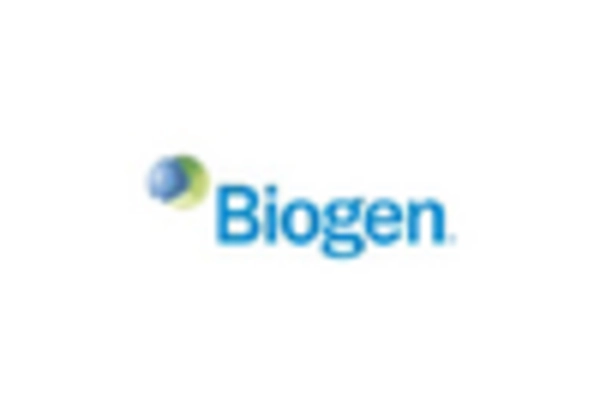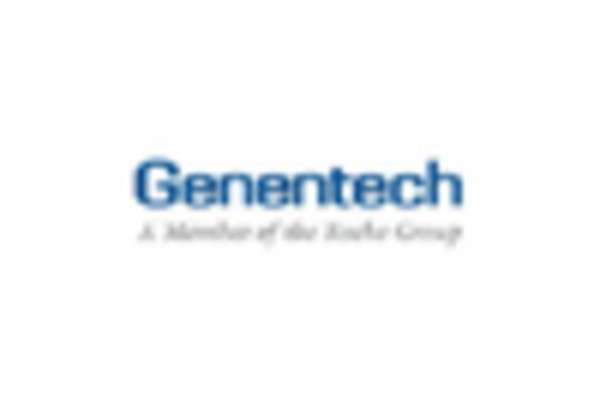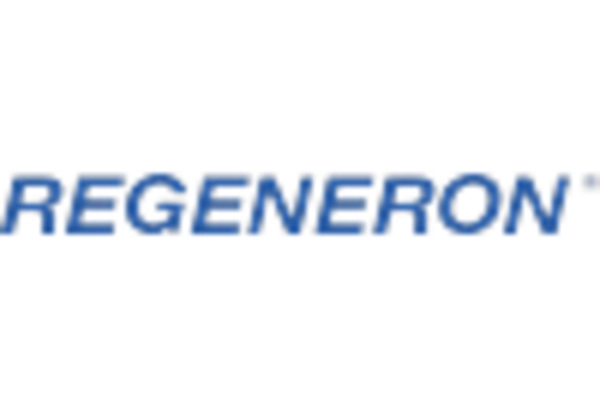Market Share
Recombinant DNA Technology Market Share Analysis
DNA that has been changed has helped biotechnology make a lot of progress. This is very true in the farming and medicine areas. If these businesses use all the different kinds of genetic editing, they might be able to get a better handle on the market. Putting a product or service on the market is always something you should learn more about and get better at. It costs a lot of money for businesses to both make new genetic engineering tools and improve the ones they already have. Many businesses will get new ideas for how to solve problems if you carry out this plan. That will give you an edge over other people. Telling people about the benefits of recombinant DNA treatment could help a business stand out from its competitors. A lot of different kinds of medicine fall into this group, such as personalized medicine, vaccines, and birth treatments. Companies that focus on medical needs might be better able to keep up with the NHS's growing needs and become important care providers. They would have done the right thing in this case. One of the most important parts of growing is changing genes so that plants grow better. Recombinant DNA lets companies change the genes of foods to make them healthier or less likely to be eaten by bugs. Pests may not be able to hurt these plants as much. Paying more attention to crop tech could help feed more people around the world. Positioning in the market is affected by agreements with universities, drug companies, and farming groups. Collaborations can give you access to tools, networks, and experts who can help each other. This way increases market share, speeds up product creation, and makes following the rules easier. Company that make recombinant DNA needs to go global. It is necessary to set up strong delivery networks, change technology to fit local needs, and find your way through different governmental systems. With a foreign footprint, a business may be able to reach more people and meet more needs. Customizing products for certain businesses can help you get ahead in the market. Businesses create recombinant DNA technology for use in medicine, farming, cleaning up the environment, and other areas. By matching products to what the industry needs, this focused strategy grows market share and acceptance. Maintaining a moral stance and strict adherence to rules is very important in the recombinant DNA business. Businesses deal with issues like safety, the ethics of genetic editing, and changing rules and regulations. Public trust goes up, and it's easier to get into the market. Companies pay for training classes for experts in recombinant DNA to explain the technology. Workshops, training, and teaching tools help people learn more about the uses, ethics, and safety of technology. Professional schooling encourages people to use technology. As part of market marketing, teaching people about the benefits and safety of recombinant DNA technology is important. Companies work to make people aware of genetic engineering in order to calm people's fears and win over customers. A positive public view helps people use a product. To gain market share, you need to be able to make a lot of things. Companies buy new factories to make more things, meet customer needs, and make sure the standard is good. This method can be used on a large scale and is reliable, both of which are important for staying competitive. Modified DNA technology requires businesses to adapt. You stay competitive by using breakthrough technologies like CRISPR-Cas9 gene editing. Businesses remain competitive by adopting new technologies.


















Leave a Comment